The 10 Best Supplements for Histamine Intolerance
Want to know which supplements for histamine intolerance help manage symptoms, reduce flare-ups and stabilize mast cells? In this article I discuss which supplements are best, how they help manage my histamine intolerance, and what you should know before taking supplements for histamine intolerance and MCAS support.
When you make a purchase through one of the links included in this article, I may earn a small commission. Learn more here›
My Experience – Supplements for Histamine Intolerance
As I mentioned in my previous post, what causes histamine intolerance. I started having symptoms of histamine intolerance in 2017. Food and drinks that I had otherwise been able to consume with no problem were causing severe hives, itching and gut issues. After seeing several allergists and gastroenterologists. I did some extensive research on what could be causing my issues and suspected that I had Mast Cell Activation Syndrome (MCAS). Now that I knew what to call it, I began to look for doctors who specialized in histamine intolerance. I had no idea that this was going to be such a difficult task.
Several of the doctors I saw had no idea what histamine intolerance was, let alone MCAS. And I had a couple of doctors who outright did not believe that histamine intolerance was “a real thing”. I had a doctor tell me “everything has histamine, so you can’t be intolerant”. *Insert eyeroll*. I quickly learned that just because you have a medical degree doesn’t make you smart. Sure, you may be generally versed in your field of study. But in my experience, some of the information that doctor’s impart is still based on old science and archaic ideologies.
So I went back to the drawing board and did a deep dive on doctors who specialized in MCAS. And although I had to see a lot of not so great doctors before finally finding the right one. I found a doctor who not only understood what I was experiencing. She also happens to be one of the top doctors in the world who specializes in MCAS and histamine intolerance. Although it took over a year to be able to get my initial appointment with her, the wait was worth it as I’ve learned so much from her about MCAS and histamine intolerance.
I also sought out a naturopath. I have found that between the two, I have a synergistic regimen that works for me and addresses my symptoms. If you’re doctor isn’t listening to you or your symptoms aren’t improving with standard medication. Seek out a licensed naturopath. They may not only be able to help treat your symptoms, but may also be able to help you figure out the root cause of your histamine intolerance.
A Word To The Wise – Supplements for Histamine Intolerance
Okay, so before we dive into which supplements are best, it’s important that I stress that this is not medical advice. I am sharing what has worked for me. But ultimately you should seek out a medical professional or naturopath before starting any new supplements or medication.
I also want to preface my recommendations by saying, when choosing supplements, be sure that the brands you choose are reputable and that they use high quality ingredients and little to no fillers. Fillers can send you into a histamine spiral. So if you’re new to supplements, test one at a time and make note of any reactions you may have.
If you think the coast is clear, still be mindful. Remember that histamine can collect over time. It can take minutes, hours or even days to see a reaction from something. Always use caution and always start slow.
Lastly, the supplements that are listed below are the ones I use personally to manage my symptoms. I am pretty picky about which brands I choose since not all of them are reputable. And unfortunately, higher quality supplements usually means higher cost. However, you don’t have to choose the same brands. There are many supplement brands out there, so do some additional research if these are out of your price range. If you do choose brands that are not on this list, be sure to check the labels for added fillers and ingredients that may cause flare-ups.
DAO For Histamine Intolerance
If you are newly diagnosed with histamine intolerance or MCAS and you’re confused on where to start as far as which supplements for histamine intolerance to try first. I would start with a DAO enzyme.
The DAO enzyme helps breakdown histamine in the food that we eat. When the DAO enzyme is functioning abnormally, our body is unable to breakdown histamine properly. As a result, we experience histamine intolerance, which can manifest in the form of sneezing, itching, watery eyes, hives, headaches and gastrointestinal issues.
Supplementing with a DAO enzyme can be a game changer for many. Having this extra support can help eliminate symptoms for some or be a great tool in addition to other medication and supplements to manage histamine intolerance. As a person that cannot tolerate Cromolyn, this DAO enzyme has helped me manage my symptoms fairly well. It’s not a one and done for me, but is amongst my go to supplements to help control flare-ups and GI distress. This is the one I use and recommend.
A DAO enzyme should be taken with Vitamins B6 as it functions as a cofactor in helping facilitate the breakdown of histamine.
Vitamin B6 For Histamine Intolerance
Vitamin B6 is a DAO enzyme cofactor, which means it is needed for the DAO enzyme to effectively do its job, which is to break down histamine.
B6 enables the DAO enzyme to lower histamine. But when you are deficient, the DAO enzyme cannot break down the histamine properly. It’s always best to check your blood work before starting any B vitamins to confirm deficiency,
When building your supplements for histamine intolerance list, remember that B6 and the DAO enzyme are a package deal. Ideally they are taken together. This is the one I take.
Iron For Histamine Intolerance
If you have histamine intolerance, you are most likely anemic. Anemia is very often associated with histamine intolerance, even though it is rarely the root cause. When iron is depleted from mast cells, it can cause the release of histamine which results in allergy and GI responses in many people.
Iron plays an important role because it helps breakdown histamine in food sources and in the body. It also helps support immune function. Many of those who have tried supplementing with iron have complained about it not working for them. I too was one of these people who had tried iron and had no success initially. After seeing a naturopath, it was explained to me that there are various forms of iron. Many of which are difficult for the body to absorb. Ferrous bisglycinate is the preferred type of iron as it’s easier on the stomach. When adding to your list of supplements for histamine intolerance, remember to include Vitamin C, as it helps iron be more easily absorbed.
An important thing to remember about iron is that you need to take the right amount for your weight. If you are interested in knowing how much iron you should take, a good resource is the Iron Protocol. You can check it out their recommendations via their website or Facebook.
Ginger For Histamine Intolerance
I love ginger. Mostly because it does so many things. I would definitely add this to my first to try list for supplements for histamine intolerance. Ginger acts as an anti-inflammatory and has histamine blocking properties. It’s great for immunity support and gut motility. This study suggests that it can be just as effective as over the counter drugs like loratadine for the treatment of allergies. It can also be beneficial to those with SIBO, IBS or any sensitive stomach related issues.
I take ginger daily for histamine intolerance, joint pain and GI support. I take the capsules during the day and drink ginger tea regularly in the evening . I use this and this.
Berberine For Histamine Intolerance
Berberine has been said to be an effective treatment for histamine intolerance and works by suppressing mast cell related allergic reactions. Its anti-allergic effects reduces inflammation and has the ability to reset L-histidine, which is an amino acid precursor to histamine. Meaning it stops the reaction at its source.
You can check out this study for more details on Berberine and its effectiveness of treating histamine intolerance. Also, if you have histamine intolerance and SIBO, Berberine has been shown to reduce gut inflammation, kill methane and hydrogen causing bacteria, and relieve abdominal discomfort. You can read more about that here.
Indian barberry is usually the primary source of berberine you’ll find on the market. Manufacturers will usually use either the root or the bark of the plant. Both are effective, but the root contains much more berberine than the bark, so you may have a sensitivity to one versus the other, even though they are both technically berberine.
I’ve read some anecdotal things about beberine being high in salicylates. I have yet to find any information confirming berberine’s salicylate content. However, if you are sensitive to tumeric, goldenseal, poppy seeds, Oregon grape or any plants in the Berberidaceae plant family. You may have a reaction to berberine and should avoid it.
I have used two types of Berberine. The first one I tried was this one, which is made from berberine bark. And I’ve also tried this one which is made from berberine root. Both are good. But I prefer the Thorne 200mg, so I can have more control of the dosage. I recommend starting slow as berberine can cause gastrointestinal issues if you take too much.
Also, I am aware that there is a 1000mg version of berberine made by Thorne. However, I have not tried it because it contains a phospholipid complex which contains pea and sunflower which can cause flare ups for me personally. And as mentioned, I like the 200mg so I can dose down if needed. However, if none of these things cause issues for you, it might be worth a try. You can find it here.
Vitamin C For Histamine Intolerance
Vitamin C can help to reduce allergy symptoms like sneezing, itching and watery eyes. It works by reducing the output of histamine you produce rather than blocking the histamine receptors like an antihistamine does. But not all Vitamin C is created equal. I have found that the ascorbic acid form of Vitamin C causes flare-ups for me.
My naturopath suggested that I try magnesium ascorbate which is a buffered, less acidic form of Vitamin C and it works out well. I have tried the capsule and the powder and use them interchangeably.
When Allegra isn’t cutting it, I’ll take a 1,000mg therapeutic dose of Magnesium Ascorbate for nagging allergy symptoms. If you’re sensitive to magnesium ascorbate, you can also try camu powder. I put it in my smoothies or mix it in with electrolytes (LMNT is the one I use) and sip on it. Each teaspoon has 682 milligrams of Vitamin C. You can find it here.
Quercetin For Histamine Intolerance
Quercetin, a flavonoid found in fruits and vegetables, has the potential to have an anti-allergic and antihistamine effect due to its ability to prevent immune cells from releasing histamine. It is also said to be an anti-inflammatory and antioxidant that can assist in treating some allergy symptoms. As well as help manage histamine intolerance reactions like headaches and increased blood pressure.
Many people who have MCAS are prescribed Cromolyn, a mast cell stabilizer, for their histamine intolerance related symptoms. However, as previously mentioned, since I am unable to tolerate Cromolyn, I take Isoquercitrin along with a DAO enzyme to help manage my HI related symptoms. Isoquercitrin is a bioavailable version of quercetin which makes its easier to absorb.
If you’d like to know more about quercetin and it’s anti allergic benefits you can read more about it here and here.
Magnesium For Histamine Intolerance
Just like low iron, magnesium tends to be low in people who have histamine intolerance. When magnesium is low, out mast cells don’t work as they should. It can lead to the division of mast cells and histamine liberation. When our magnesium levels are stable, the mast cell division process is controlled. I’ve tried many different brands of magnesium but this one is my favorite for capsules. And when I don’t feel like swallowing pills, I use this one.
HONORABLE MENTION
The items mentioned below are supplements for histamine intolerance that I currently no longer take. However, even though they did not work out for me, there are many of those with HI and MCAS who actively take these supplements and have no issues. I wanted to include them as they have been shown to be really effective for some who have histamine intolerance or MCAS. As always, consult with your physician and take it slow.
Nettle Leaf For Histamine Intolerance
Many with MCAS, mastocytosis or histamine intolerance have high tryptase levels, like myself. High tryptase in the blood signifies a mast cell related event, most commonly related to allergic reactions. Nettle has been shown to lower tryptase levels and acts as an H1 inhibitor by reducing the release of histamine in the body. Some people drink nettle tea or take nettle supplements instead of taking an over the counter medication like Allegra or Alavert.
It’s important to note that Nettle contains moderate levels of histamine, even though it is a histamine inhibitor. Be cautious when trying this herb as it can cause a reaction for those that may be sensitive.
I know many people with MCAS that swear by nettle tea and others who cannot tolerate it. I’ve tried it various times over the course the years and I found it to be great for clearing a stuffy, runny nose. But it did not have an impact on any symptoms related to itchy, watery eyes, hives, itchy throat or soothe any gut issues for me personally.
If you want to try nettle tea for yourself. This is the one I’ve tried and is most popular among the MCAS set.
Zinc For Histamine Intolerance
I want to preface this by saying, I do not take zinc anymore as it triggers eczema flare-ups for me. However, before I realized I was allergic to it, I took it to help manage my histamine intolerance.
If you are not allergic or if it doesn’t cause flare-ups for you, zinc can be a great addition to your supplement arsenal. It has the potential to inhibit the release of histamine and mast cell mediators, acts as a powerful antioxidant and anti-inflammatory and helps support the immune system to dial down inflammation. Here is an article on how zinc can reduce inflammation and allergic responses. I have used two types of zinc. Zinc L-methionine sulfate and zinc picolinate. Both technically do the same thing, but via different mechanisms. However, for me, zinc picolinate is easier on the stomach. Each person is different so you may want to try different forms of zinc to see which is right for you.
Have your tried any of these supplements? Which ones do you take for your MCAS or histamine intolerance? How do they help you manage your symptoms? Let me know in the comments.

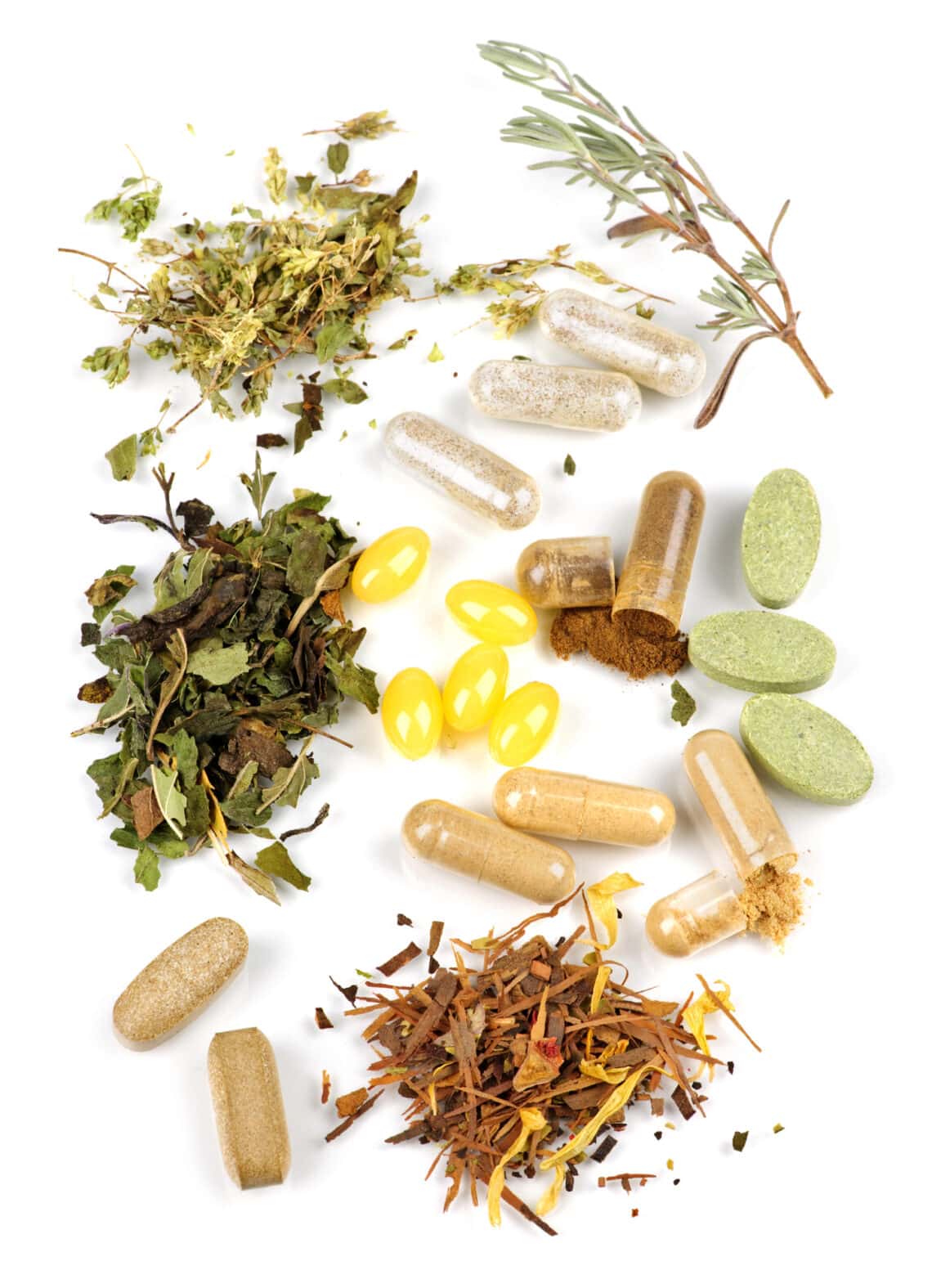
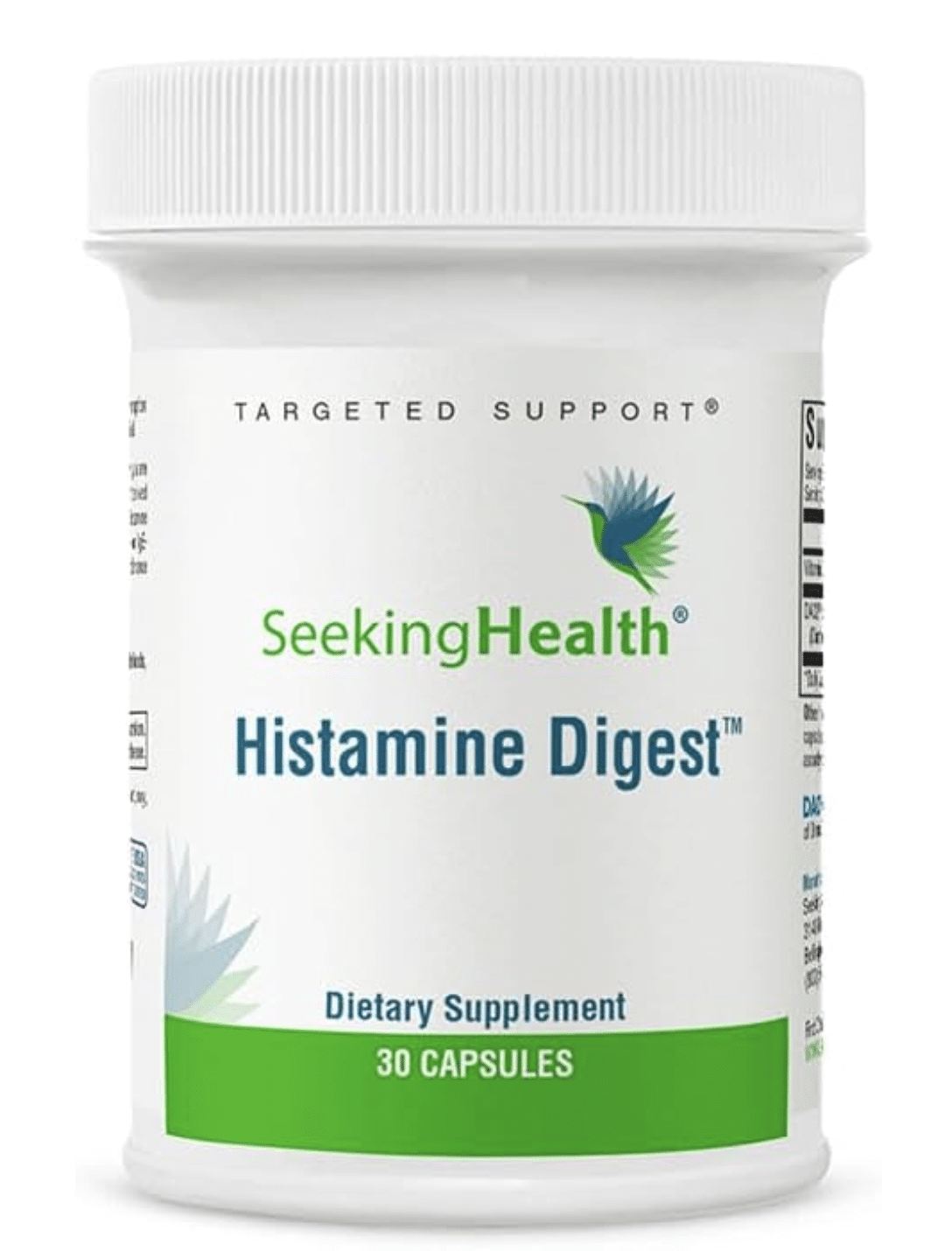
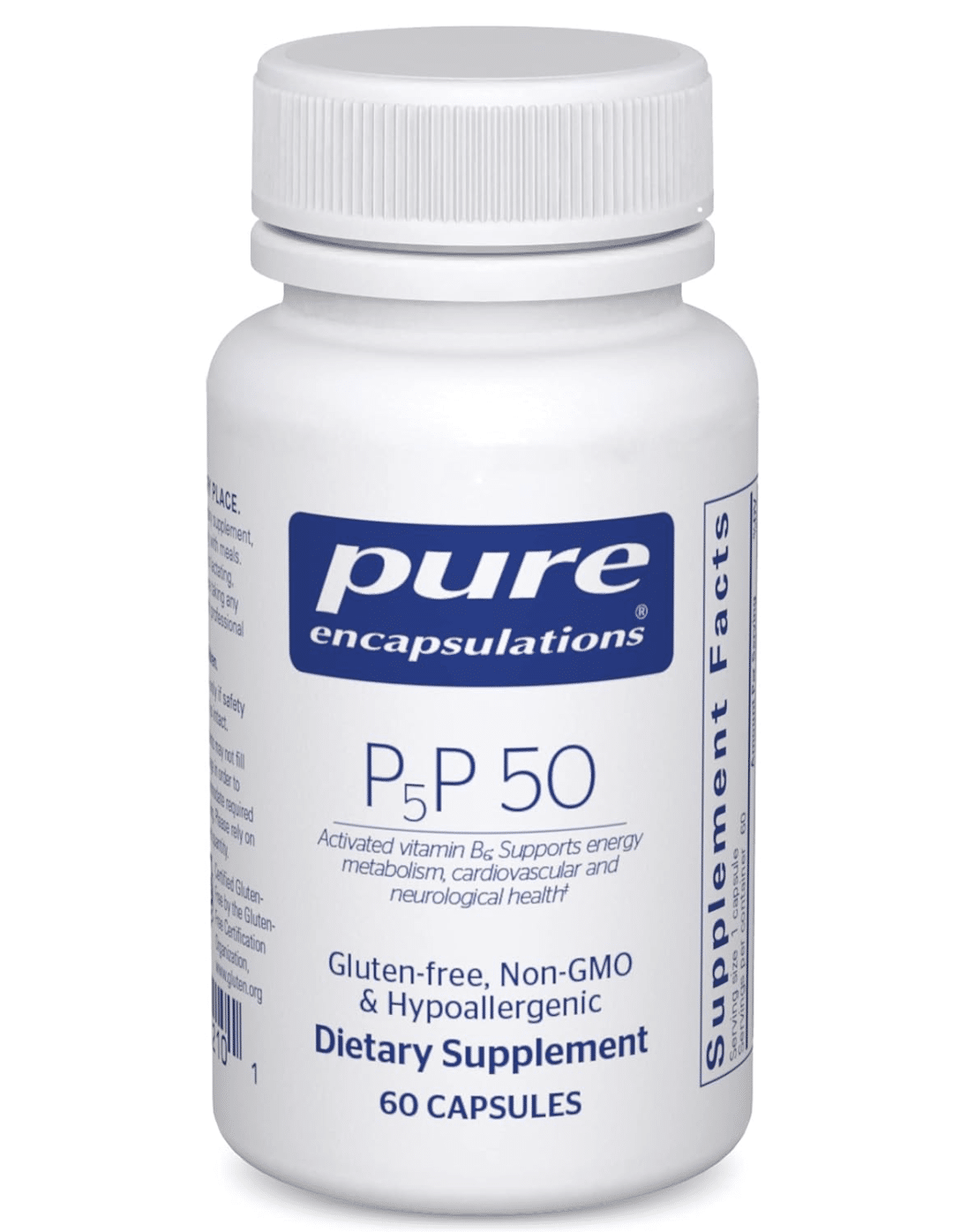
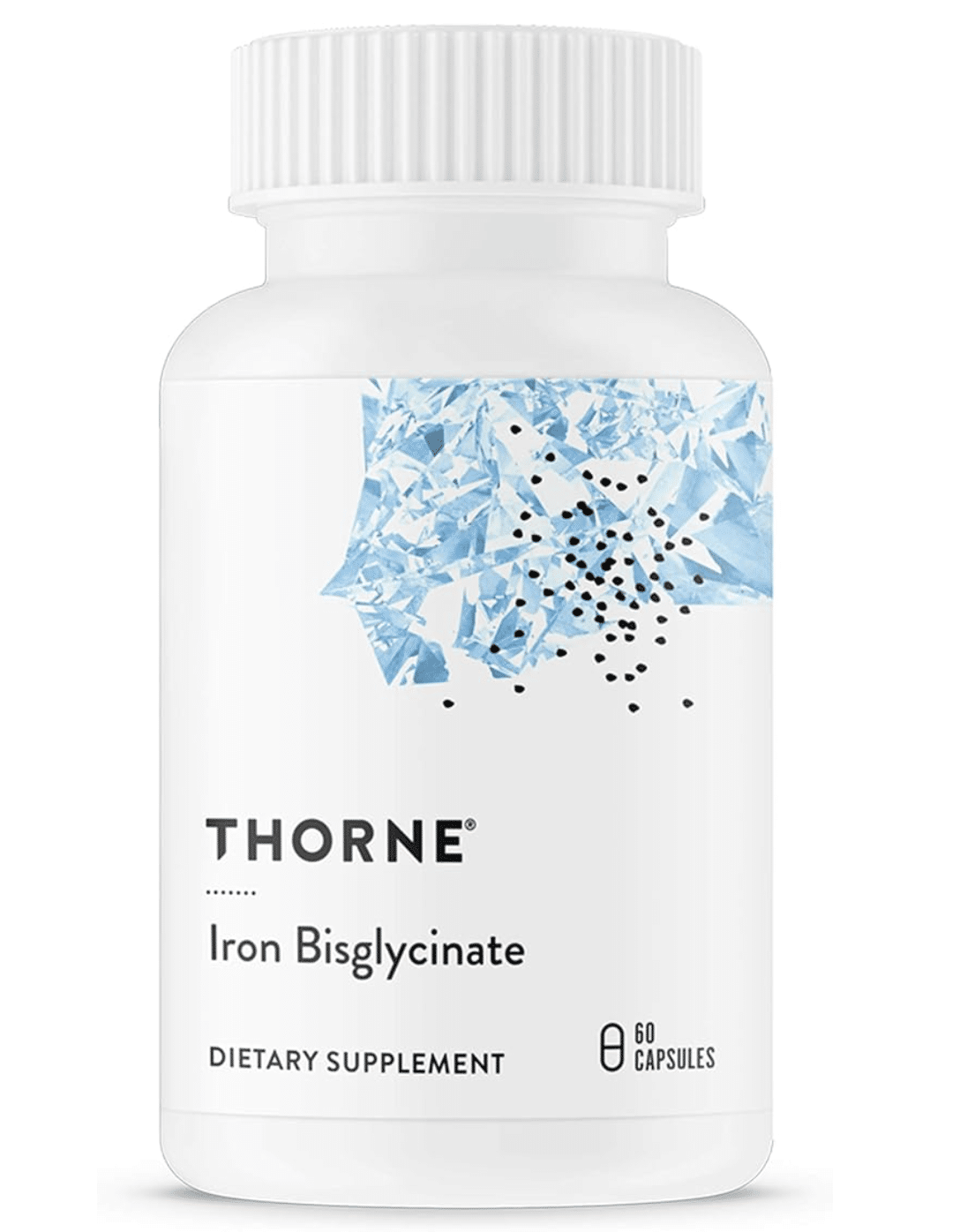
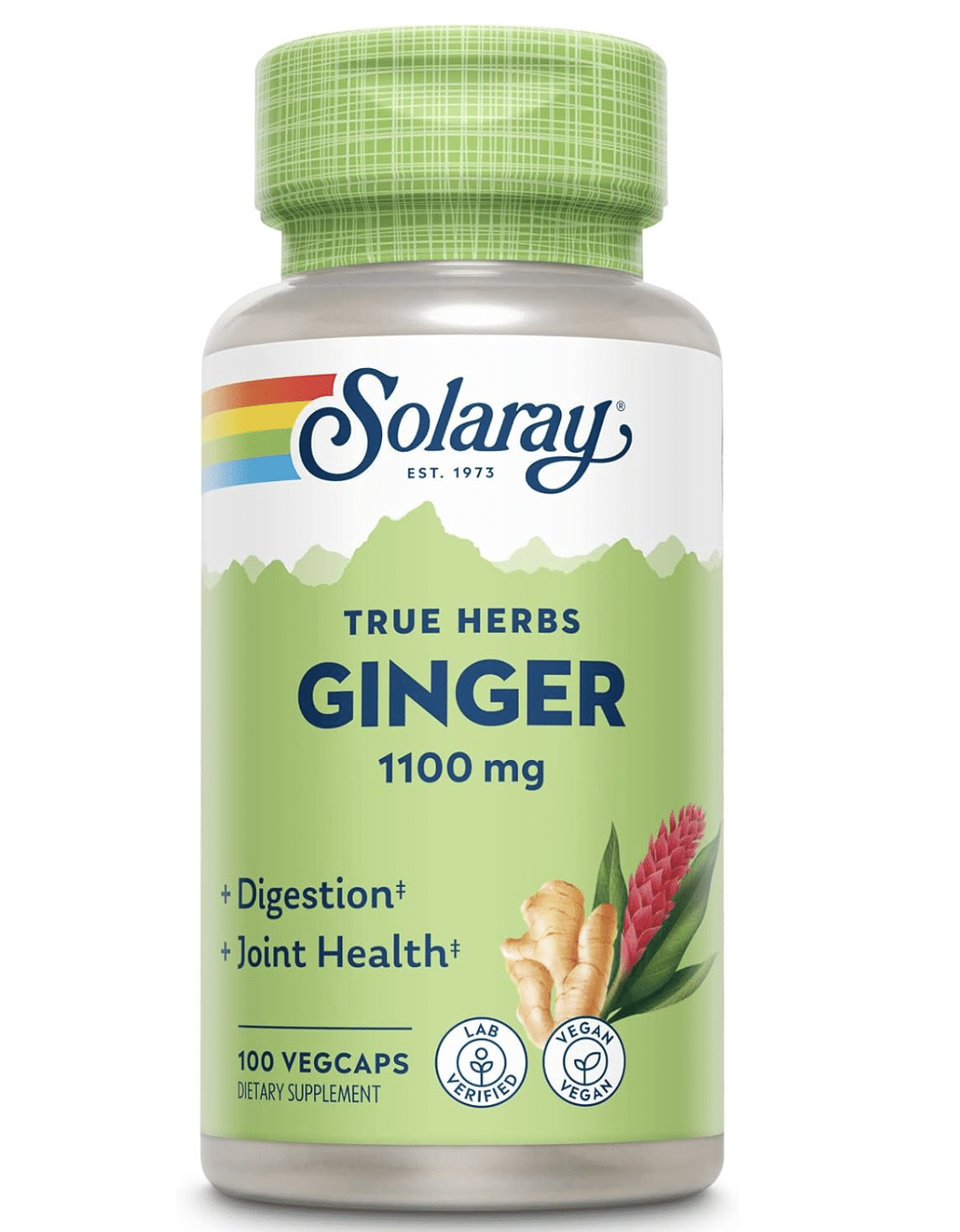
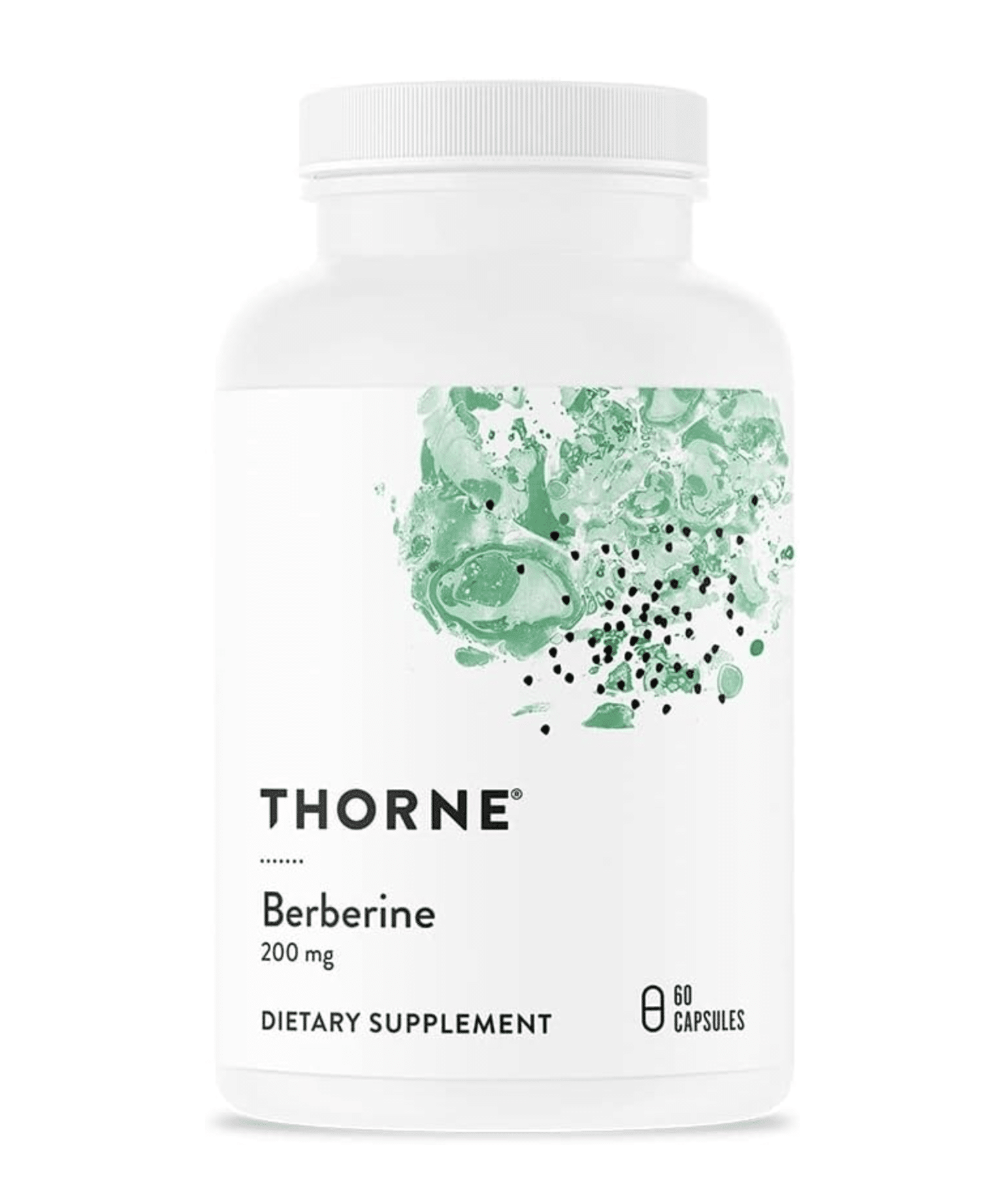
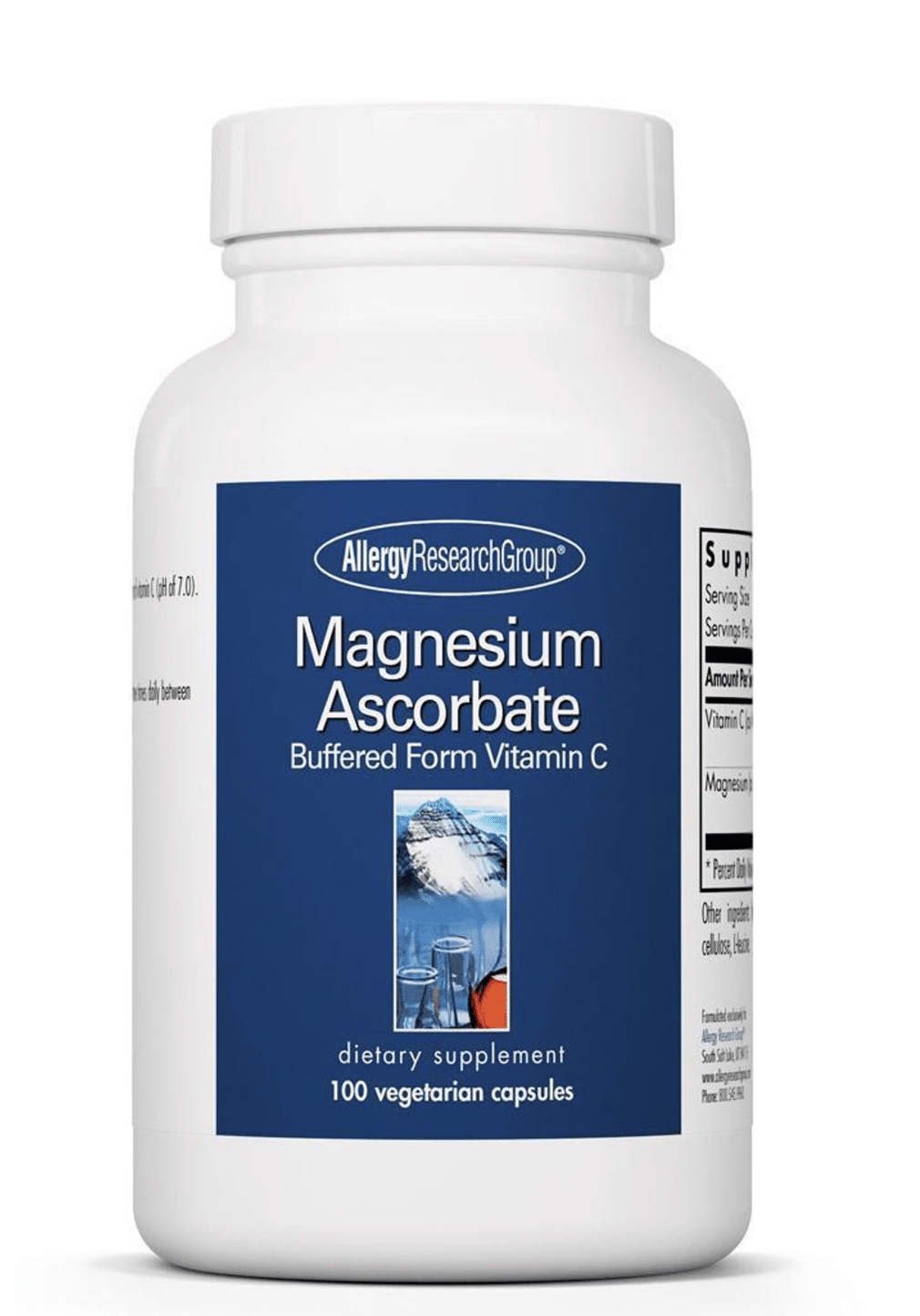
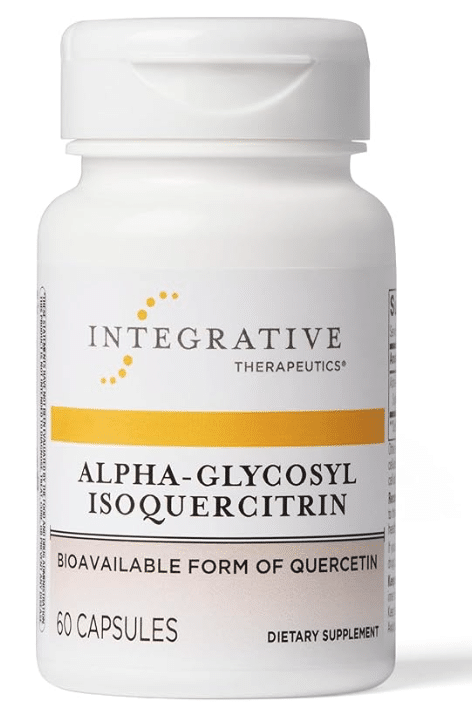
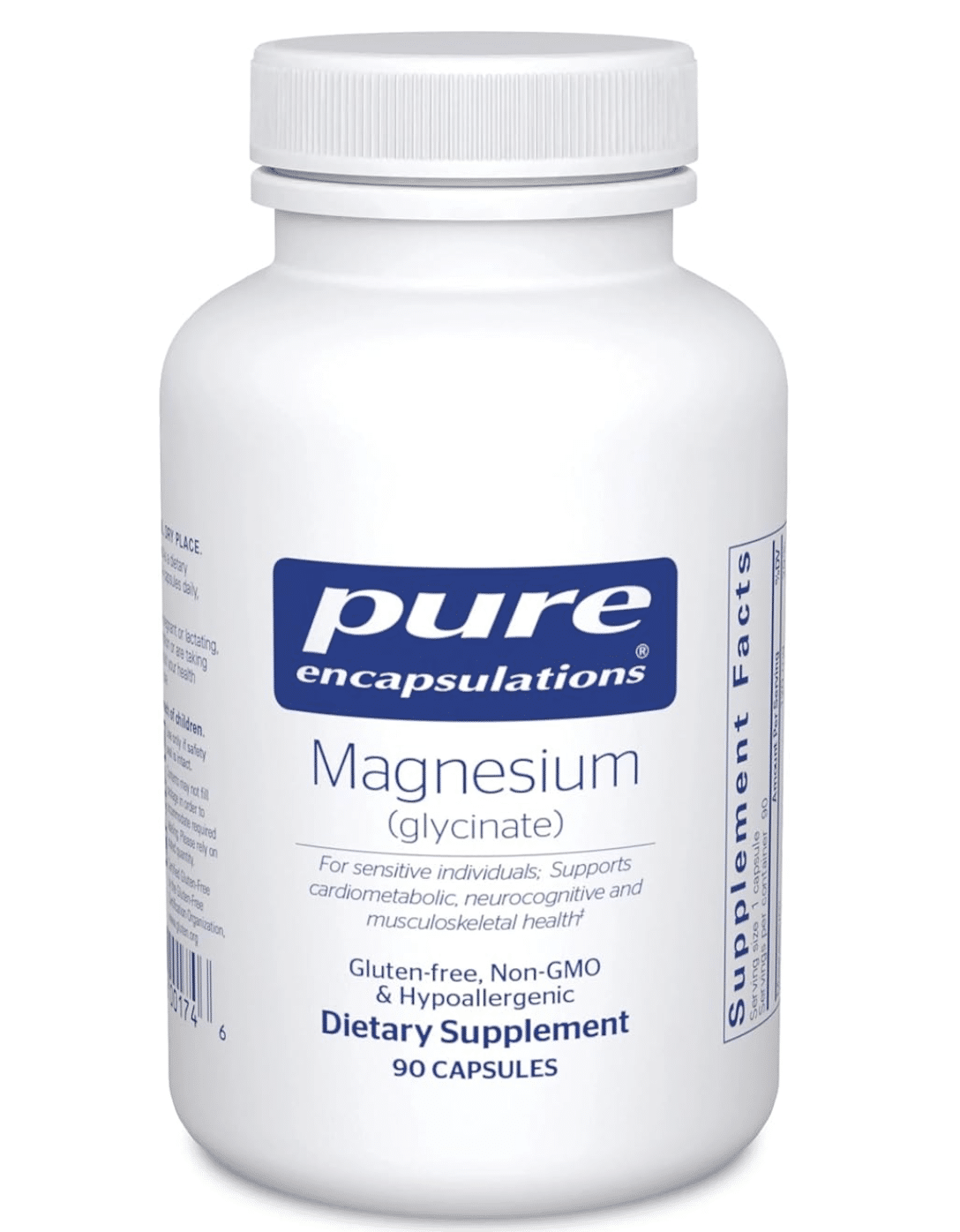
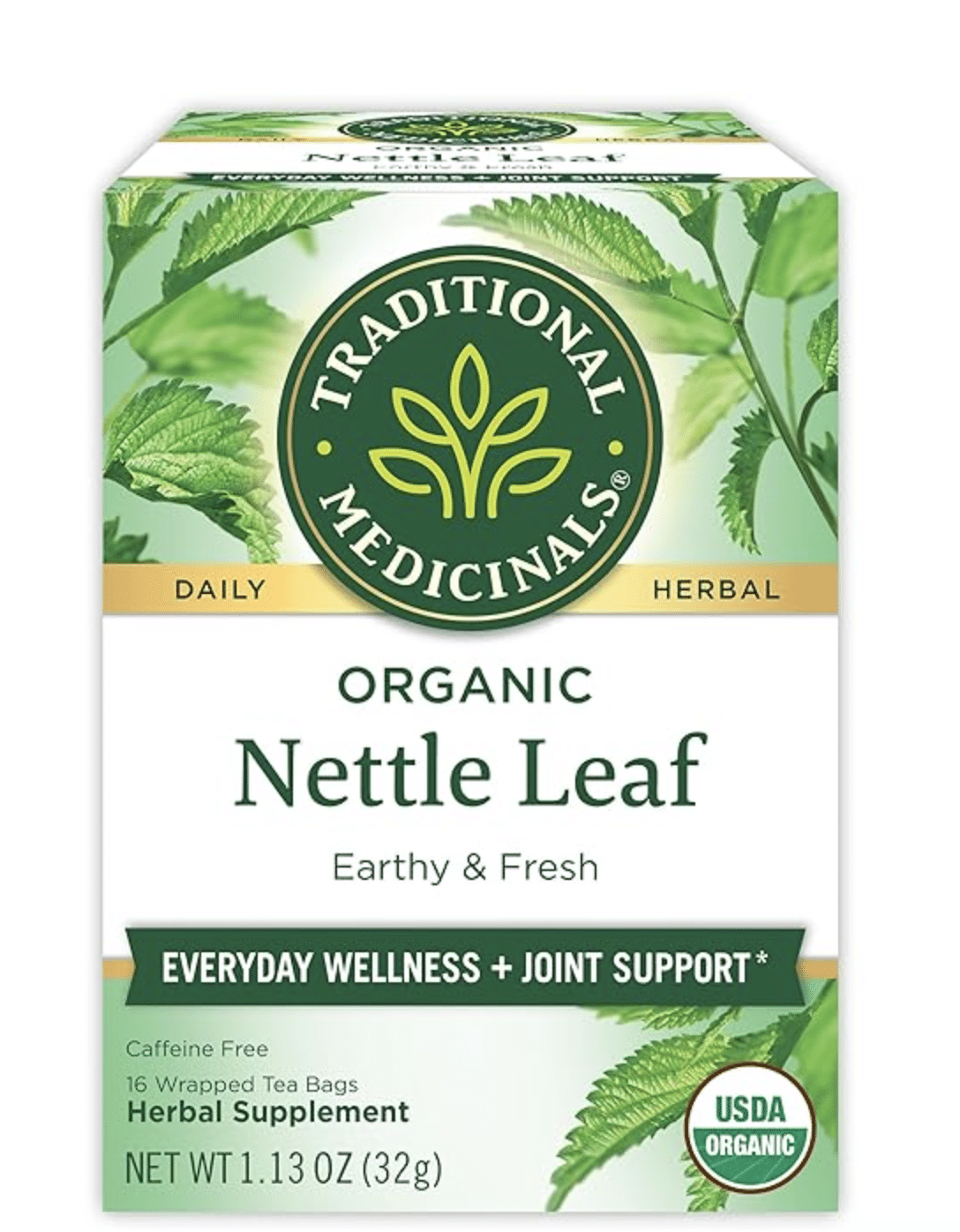
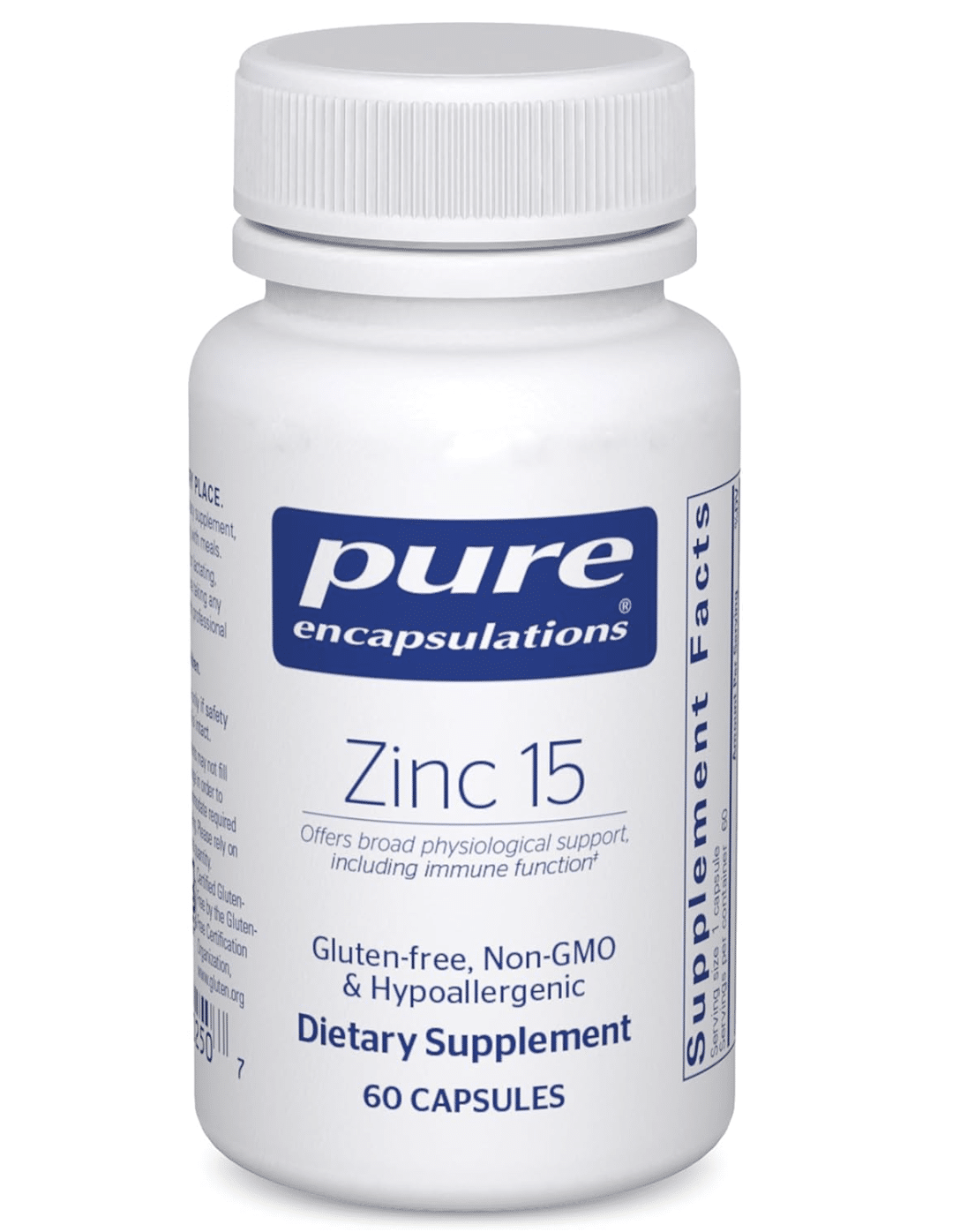
No Comments